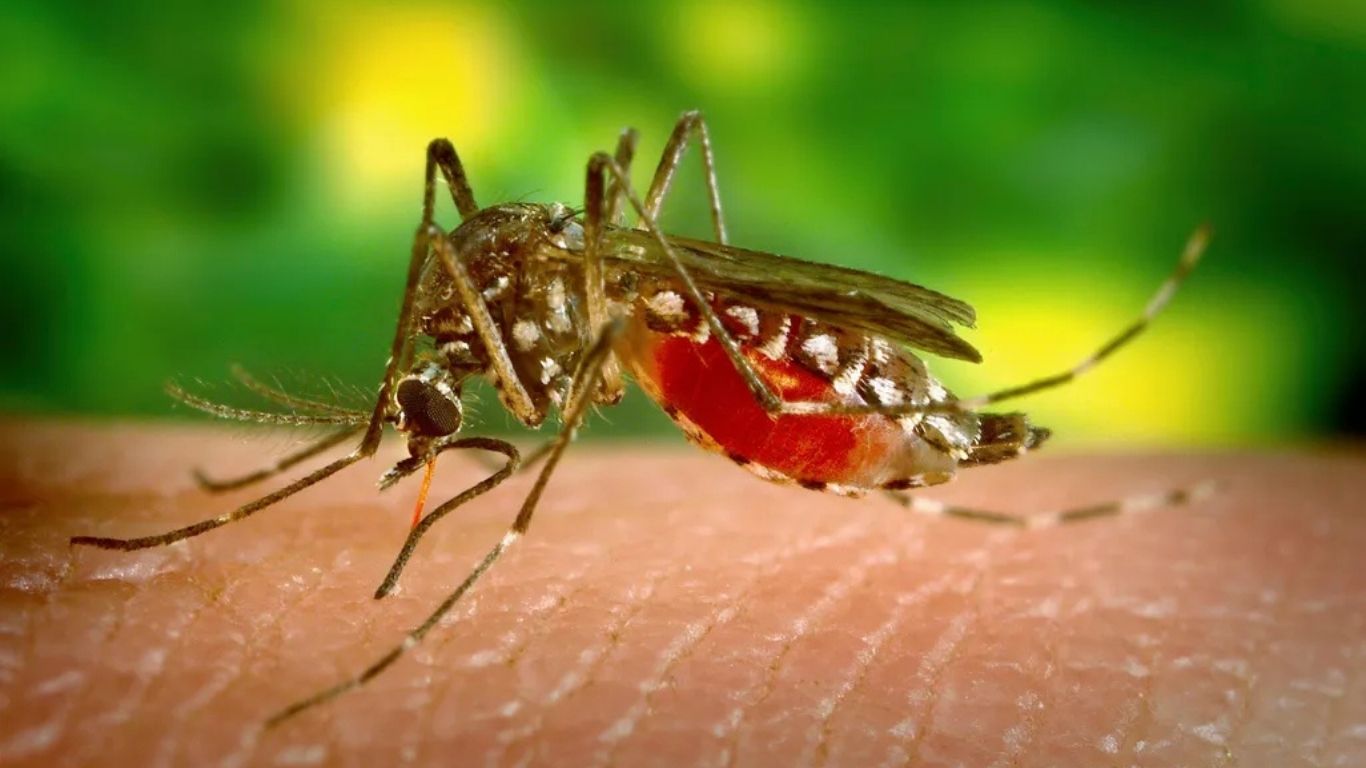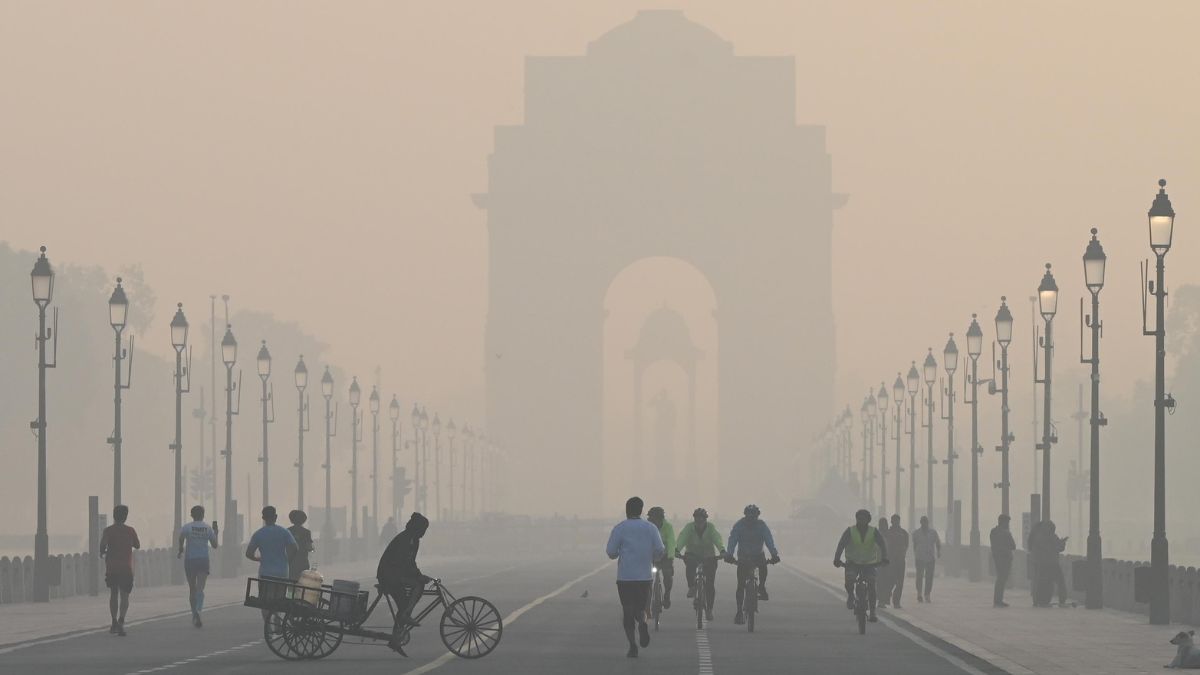As summer rolls in with its golden warmth and backyard barbecues, there’s an uninvited guest buzzing at the edges of our joy mosquitoes. These tiny tyrants, with their whining wings and itchy bites, aren’t just a backyard nuisance; they’re a global menace, carrying diseases that hit the vulnerable hardest. I’m not here to preach doom (though, trust me, I’ve swatted my share of these pests while muttering curses). I’m here to arm you with the truth because knowledge is the best repellent. In the spirit of journalists like Amy Goodman or John Pilger, who’ve spent their lives amplifying the voiceless and exposing hidden threats, let’s shine a light on these bloodsuckers and how to keep them at bay. With a nod to their fearless, truth-seeking style laced with a bit of sardonic wit here’s the lowdown on why mosquitoes love some of us more than others and how to fight back.
The Mosquito Menace: More Than Just an Itch
Picture this: you’re sipping lemonade on your porch, the sun dipping low, when bzzz—a mosquito dive-bombs your ankle. It’s not just annoying; it’s a tiny act of war. Mosquitoes aren’t just summer’s uninvited guests; they’re carriers of diseases that disproportionately harm the poorest communities worldwide. Malaria, Zika, Dengue, Chikungunya, Yellow Fever, West Nile these aren’t just buzzwords (pardon the pun). They’re real threats, and they’re on the rise.
Joseph Conlon, a veteran mosquito-fighter who spent 20 years as a technical advisor for the American Mosquito Control Association, doesn’t mince words. “Mosquito-borne diseases are increasing,” he says, his voice carrying the weight of someone who’s seen the data—and the devastation. The yellow fever mosquito, Aedes aegypti, is a particular villain. It thrives in crowded cities, from Miami to Mumbai, and it’s now buzzing in most U.S. states. This isn’t just a problem for far-off places; it’s in our backyards, our parks, our lives. And if you think it’s just an itch, think again mosquitoes kill more people annually than any other animal, including humans. That’s not hyperbole; it’s a grim fact, per the World Health Organization.
But here’s the kicker: while mosquitoes are a universal pest, they hit hardest where healthcare is scarce, where screens on windows are a luxury, where standing water breeds armies of these winged menaces. It’s the poor, the marginalized, the overlooked who bear the brunt. And that’s where the fight begins—not just against mosquitoes, but for justice in who gets to enjoy a summer evening without fear.
Why Mosquitoes Pick Their Favorites (Spoiler: It’s Not Personal)
Ever wonder why you’re a mosquito magnet while your friend sips their beer unbothered? It’s not because you’re sweeter (though I’ve heard that old wives’ tale too many times). It’s biology—and it’s rigged. Mosquitoes are drawn to certain people like moths to a flame, and the reasons are baked into our DNA.
“Your body gives off about 300 different odors,” Conlon explains, “and some are like catnip to mosquitoes, while others make them turn up their tiny noses.” Lactic acid, a chemical naturally present in your skin, is a big draw. So is carbon dioxide, which you exhale more of if you’ve got a high metabolic rate say, from exercising or just being a warm-blooded human. Blood type plays a role too; studies, like one from the Journal of Medical Entomology, show mosquitoes prefer Type O blood over others. Pregnant women? They’re a buffet, thanks to higher body heat and CO2 output.
It’s not fair, is it? You don’t choose your skin chemistry or blood type, yet here you are, scratching welts while your neighbor escapes unscathed. It’s almost poetic in its injustice like so many things in this world, the system (in this case, nature) picks winners and losers. But don’t despair; understanding this gives us power. If we know why mosquitoes love us, we can outsmart them. And trust me, outsmarting a bug feels pretty darn good.
Fighting Back: How to Keep Mosquitoes at Bay
So, how do you protect yourself from these winged vampires? It’s not about hiding indoors all summer (though, honestly, sometimes Netflix and AC sound better than swatting bugs). It’s about arming yourself with practical, no-nonsense strategies. Let’s break it down because if there’s one thing I’ve learned from years of digging into the world’s injustices, it’s that the little guy can fight back, even against nature’s tiniest oppressors.
1. Repellents: Your First Line of Defense
Start with insect repellent it’s the shield you didn’t know you needed. But not all repellents are created equal. Look for products with DEET, picaridin, or oil of lemon eucalyptus, which the Centers for Disease Control and Prevention recommends. DEET’s been around forever, and it works 10-30% concentration is plenty for most outings. Picaridin’s a newer kid on the block, less greasy, and just as effective. Oil of lemon eucalyptus is the plant-based option, but don’t fall for “natural” gimmicks; only the real stuff, approved by the Environmental Protection Agency, will do.
Here’s a pro tip: apply repellent like you’re painting a masterpiece—cover all exposed skin, but don’t drown yourself. And don’t forget the kids; just check the label for age restrictions. “Repellents aren’t perfect,” Conlon admits, “but they’re the best tool we’ve got.” He’s right and in a world where the deck’s stacked against us, I’ll take any tool I can get.
2. Dress Like You Mean It
Mosquitoes aren’t fashion critics, but they love bare skin. Wear long sleeves, pants, and light colors—dark ones attract more bugs. Loose clothing helps too; mosquitoes can bite through tight fabrics. I know, I know nobody wants to dress like a beekeeper in July. But think of it as armor. You’re not just protecting yourself; you’re protecting your kids, your grandma, your neighbor who can’t afford a doctor’s visit for that Dengue fever scare.
3. Eliminate Their Breeding Grounds
Mosquitoes breed in standing water think puddles, birdbaths, or that old tire in your yard. Dump it, cover it, or treat it with larvicides (available at hardware stores). This isn’t just about your backyard; it’s about your community. In places where clean water is a pipe dream, stagnant pools are mosquito nurseries. Fight for better sanitation, better infrastructure it’s a mosquito-killing, life-saving act of rebellion.
4. Community Power: The Real Game-Changer
Here’s where my inner rabble-rouser gets fired up. Mosquitoes don’t respect property lines, so fighting them takes a village. Push for local mosquito control programs spraying, trapping, public education. The American Mosquito Control Association has resources to get you started. Advocate for policies that protect the most vulnerable, like free repellent distribution or better drainage systems in low-income areas. It’s not just about you; it’s about the kid in the next neighborhood who’s scratching bites and can’t afford the meds.
The Bigger Picture: Mosquitoes and the Fight for Justice
Let’s zoom out for a second. Mosquitoes aren’t just a summer annoyance; they’re a symptom of bigger problems. Climate change is making their range bigger, their seasons longer. Poverty leaves communities defenseless no screens, no repellents, no healthcare. And let’s not kid ourselves: the global south gets hit hardest, while the global north debates whether DEET smells bad. It’s infuriating, but it’s also a call to action.
As I sit here, swatting at a mosquito that’s somehow infiltrated my office (seriously, how do they find me?), I’m reminded of what journalists like Goodman or Pilger teach us: the truth is our weapon, and action is our shield. Mosquitoes may seem like a small foe, but they’re a reminder that the fight for a better world starts small too in our backyards, our communities, our choices.
So, slather on that repellent, dump that standing water, and raise your voice for those who can’t. Because if we can outsmart a mosquito, we can outsmart a whole lot more. And in this world, that’s a fight worth picking.



